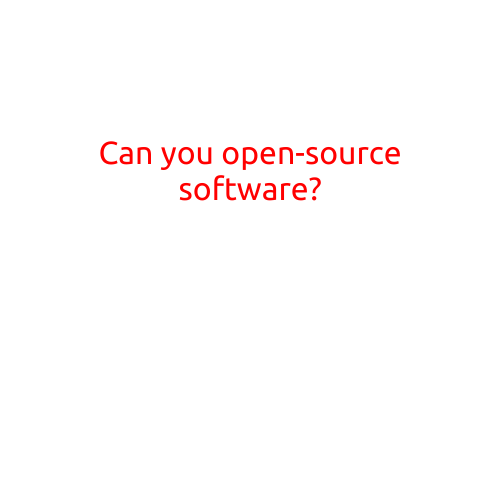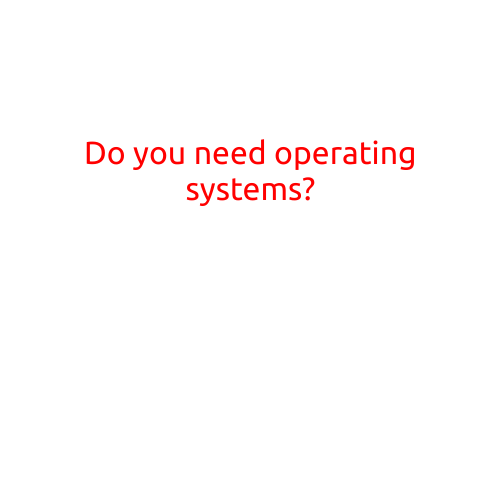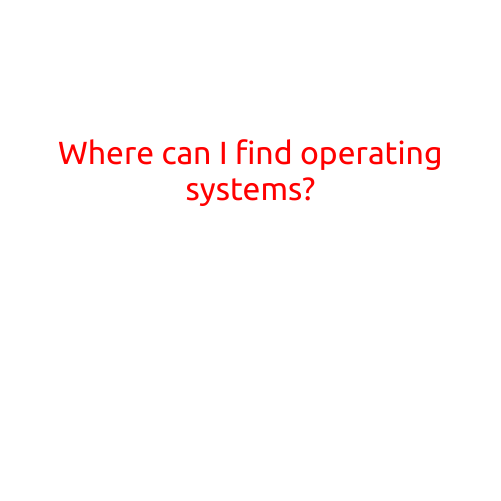
Can You Open-Source Software?
In today’s tech-savvy world, software development has become an integral part of our daily lives. With the abundance of software applications available, it’s essential to understand the concept of open-source software and whether you can open-source your own software. In this article, we’ll delve into the world of open-source software and explore the possibilities.
What is Open-Source Software?
Open-source software refers to software that is made available under a license that allows users to view, modify, and distribute the source code. This means that anyone can access, modify, and share the code, which is typically done through online platforms like GitHub or GitLab. The open-source philosophy is built on the idea of collaboration, with developers freely contributing to and improving the software.
Why Open-Source?
There are several benefits to open-sourcing your software. Here are a few:
- Community Engagement: By making your software open-source, you can tap into the collective knowledge and expertise of a global community of developers, who can contribute to bug fixing, feature updates, and new features.
- Improved Quality: With multiple pairs of eyes reviewing and testing your code, open-source software tends to have higher quality and fewer bugs.
- Cost Savings: By leveraging the community’s contributions, you can reduce development costs and focus on high-level strategy and direction.
- Increased Transparency: Open-source software provides transparency into how the code is developed and maintained, which can improve trust among users and customers.
Can You Open-Source Your Software?
In short, yes! Many companies and individuals open-source their software to reap the benefits mentioned above. However, there are a few considerations to keep in mind:
- Licensing: You’ll need to choose a suitable open-source license that allows others to modify and redistribute your software. Popular licenses include the MIT License, Apache License, and GNU General Public License.
- Patent and IP Considerations: If your software incorporates patented technology or intellectual property, you’ll need to ensure that you have the necessary rights and permissions to release the software under an open-source license.
- Commercialization: Open-sourcing your software doesn’t necessarily mean you can’t commercialize it. You can still offer paid support, training, and services while allowing others to use and modify the software.
Examples of Open-Source Software
If you’re new to the concept of open-source software, here are a few examples to get you started:
- Linux: The popular operating system is undoubtedly one of the most well-known open-source projects.
- Apache: The Apache web server software is another example of successful open-source collaboration.
- Android: The Android operating system was acquired by Google and is now an open-source project.
- GitHub: The popular version control platform is itself an open-source application.
Conclusion
Open-sourcing your software can bring numerous benefits, from increased community engagement to cost savings. However, it’s essential to consider licensing, patent, and IP considerations before embarking on the journey. If you’re unsure about whether open-sourcing is right for your software, start by exploring the many examples of successful open-source projects and assessing the potential benefits for your own project.





